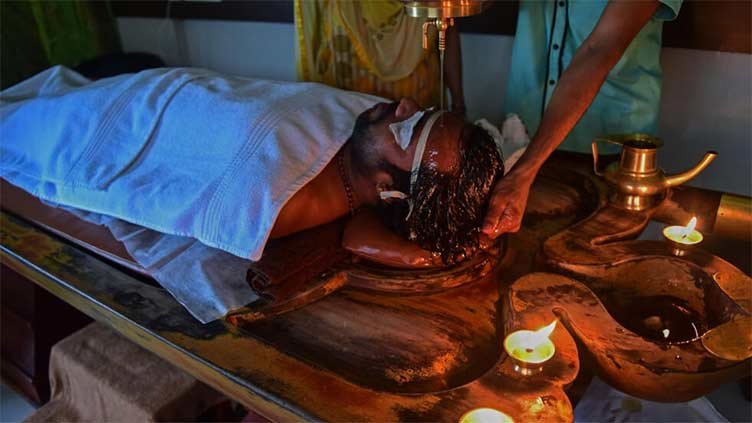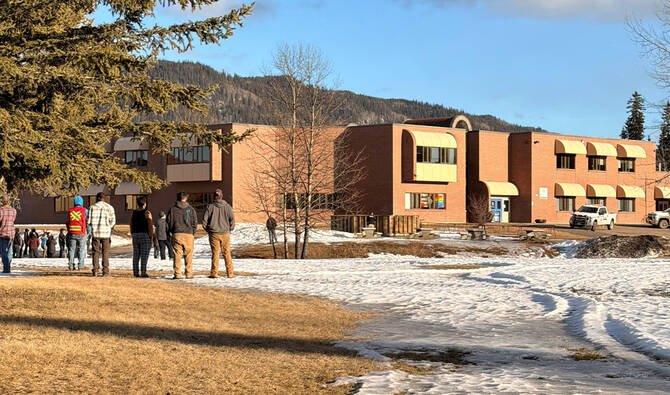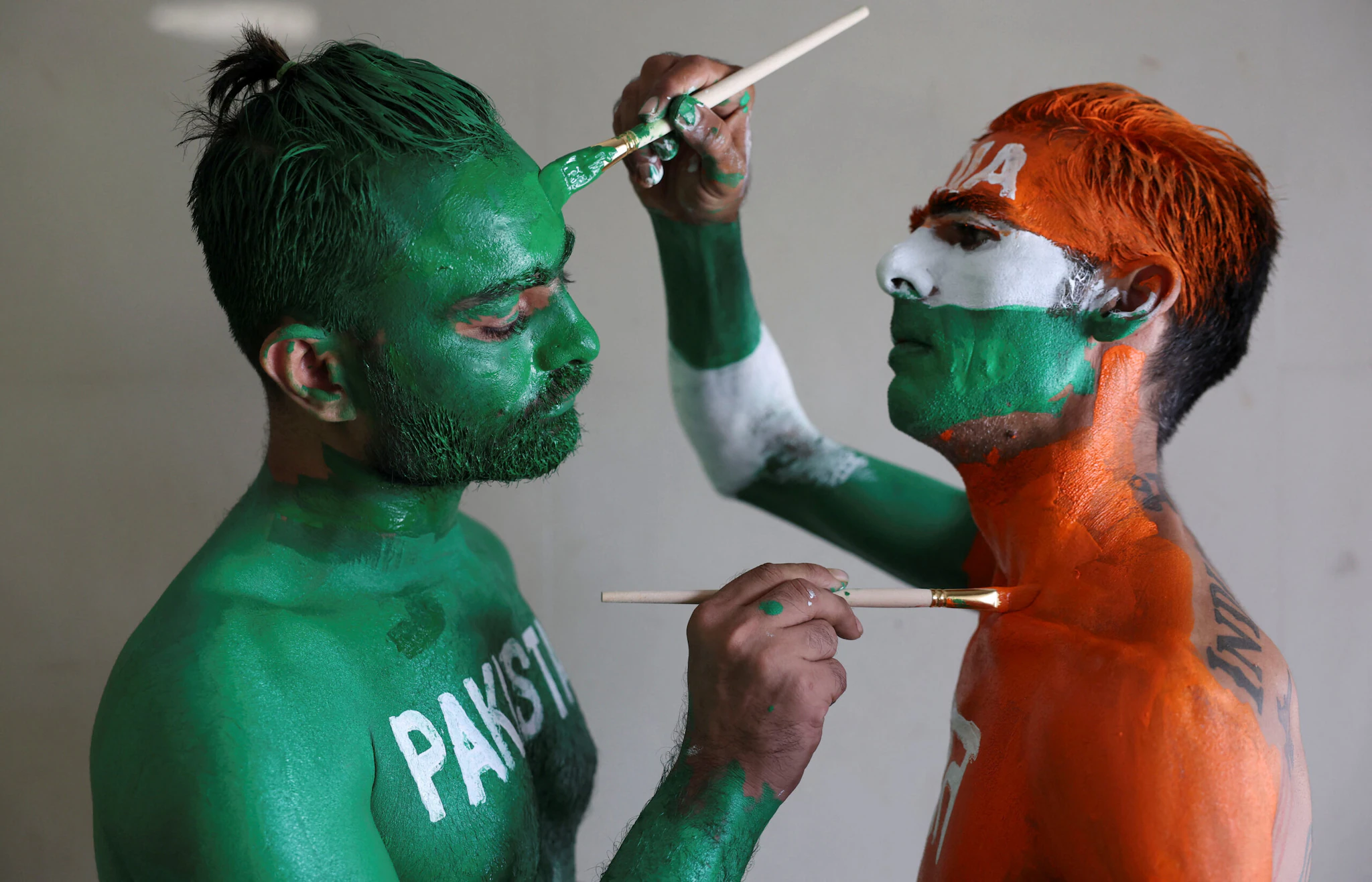NEW DELHI – The World Health Organisation opened its first summit on traditional medicine on Thursday, with the group saying it was seeking to collect evidence and data to allow for the safe use of such treatments.
Traditional medicines are a “first port of call for millions of people worldwide”, the UN health agency said, with the talks in India bringing together policymakers and academics to “mobilise political commitment and evidence-based action” towards them.
“WHO is working to build the evidence and data to inform policies, standards and regulations for the safe, cost-effective and equitable use of traditional medicine”, WHO chief Tedros Adhanom Ghebreyesus said as he opened the summit.
Traditional medicine could boost healthcare “access gaps”, but was of value only if used “appropriately, effectively, and above all, safely based on the latest scientific evidence”, Tedros warned earlier.
The two-day WHO Traditional Medicine Global Summit takes place alongside a meeting of G20 health ministers in the Indian city of Gandhinagar.
“We need to face a significant real-life fact that traditional medicines are very widely used,” Nobel laureate and Chair of WHO Science Council Harold Varmus told the summit via video link.
“It is important to understand what ingredients are actually in traditional medicines, why they work in some cases… and importantly, we need to understand and identify which traditional medicines don’t work”.
The summit, set to become a regular event, follows the opening last year of a WHO Global Centre for Traditional Medicine in India’s Gujarat state.
Lack of regulatory oversight
While traditional medicines are widely used in some parts of the world, they face fierce criticism.
The UN health agency defines traditional medicine as the knowledge, skills and practices used over time to maintain health and prevent, diagnose and treat physical and mental illness.
But many traditional treatments have no proven scientific value. Conservationists say the industry drives a rampant trade in endangered animals – including tigers, rhinos and pangolins – and threatens the existence of entire species.
Use of homemade remedies soared during the Covid-19 pandemic, including a green herbal drink based on Artemisia that Madagascar’s president promoted as a cure.
The plant has a proven efficacy in malaria treatment, but many doctors widely scorned its use to combat Covid.
Traditional medicine has a distinguished history in China, but top European medical bodies have previously demanded it be subject to the same regulatory oversight as conventional medical methods.
“Advancing science on traditional medicine should be held to the same rigorous standards as in other fields of health,” WHO research chief John Reeder said in a statement.
Of the WHO’s 194 member states, 170 acknowledge
















